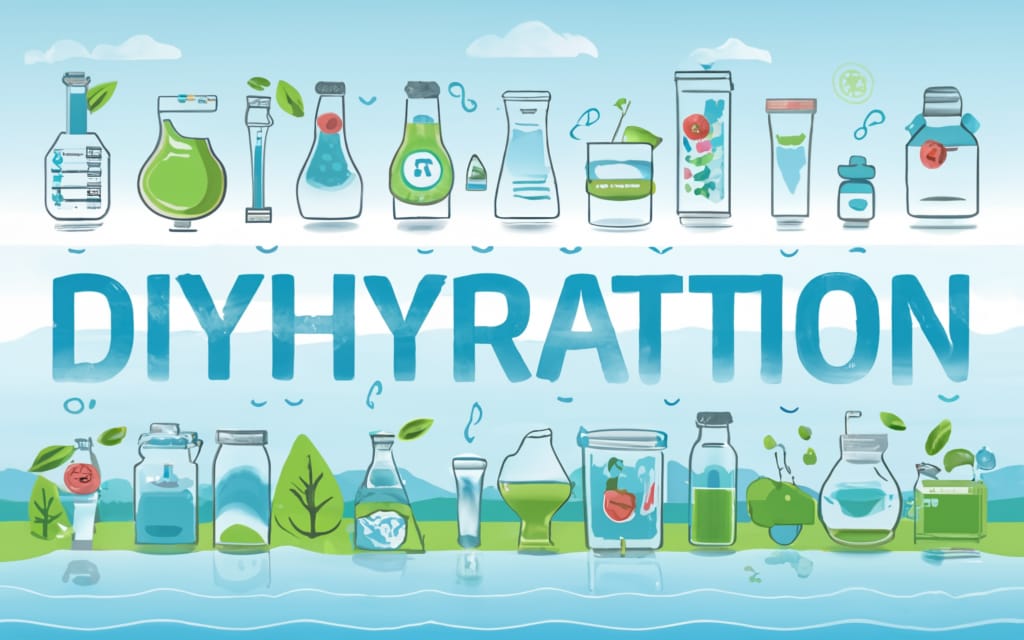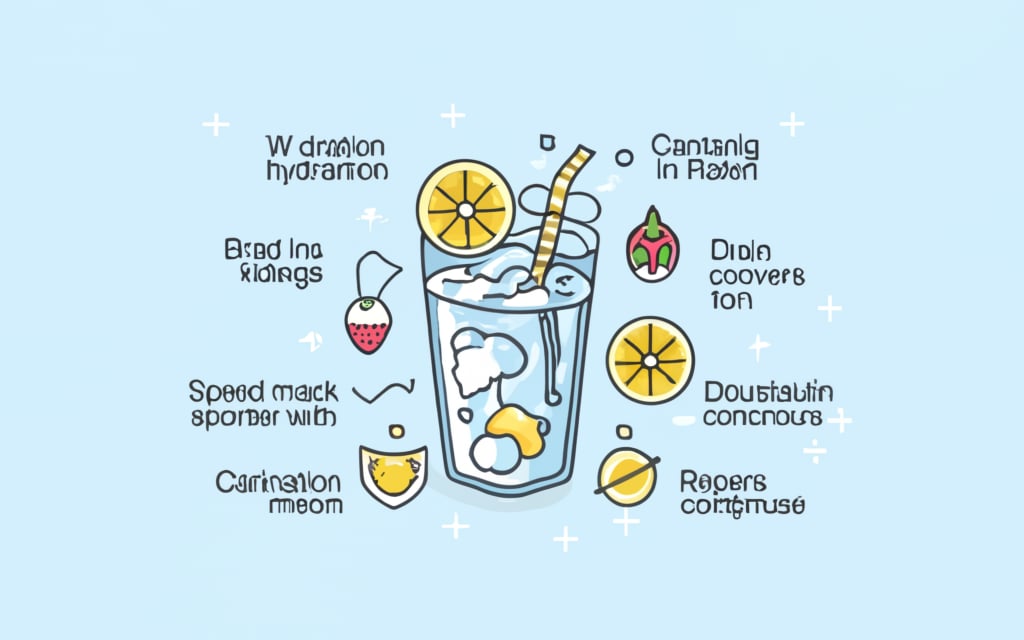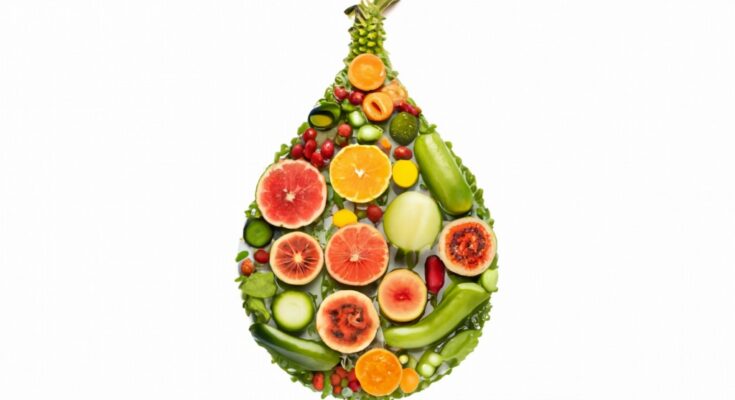Table of Contents
Moisture is a fundamental aspect of maintaining good health, yet it’s often overlooked in our busy lives. Water, which makes up about 60% of our body weight, is crucial for numerous bodily functions. In this article, we will delve into the Significance of daily Moisture, exploring its benefits, how much water you need, and practical tips for staying hydrated.
The Essential Function of Water in the Body
Water is involved in almost every function within our bodies. It plays a critical role in:
- Fluid intake Regulating Body Temperature: Water helps regulate our body temperature through sweat and respiration.
- Transporting Nutrients and Oxygen: It carries essential nutrients and oxygen to cells.
- Removing Waste: Water aids in the elimination of waste products through urine, sweat, and bowel movements.
- Lubricating Joints: It keeps joints lubricated, reducing the risk of injury and improving mobility.
- Maintaining Healthy Skin: Proper Fluid intake keeps the skin moisturized and supple.

Health Benefits of Staying Importance of Daily Hydration
- Enhanced Physical Performance: Dehydration can significantly impair physical performance. Athletes and individuals engaging in physical activities need to stay hydrated to maintain endurance and strength.
- Cognitive Function: Adequate Fluid intake is crucial for cognitive function. Dehydration can lead to difficulties in concentration, memory issues, and increased feelings of anxiety and fatigue.
- Digestive Health: Water is essential for healthy digestion.
- Weight Management: Drinking water before meals can promote a feeling of fullness, leading to reduced calorie intake and supporting weight loss efforts.
- Detoxification: Water helps flush toxins from the body, supporting the function of the kidneys and liver.
How Much Water Do You Need?
The amount of water needed varies depending on several factors, including age, gender, activity level, and climate. However, a general guideline is to aim for eight 8-ounce glasses of water per day, also known as the “8×8 rule.” This translates to about 2 liters or half a gallon.
It’s important to note that individual needs may differ. Active individuals or those living in hot climates may require more water to stay adequately hydrated. The Importance of Daily Hydration.

Signs of Dehydration
Common symptoms include:
- Thirst
- Dry mouth and lips
- Dark yellow urine
- Fatigue
- Dizziness
- Headaches
In severe cases, dehydration can lead to more serious complications, such as heatstroke, kidney stones, and urinary tract infections.
Practical Tips for Staying Hydrated
- Carry a Water Bottle: Keeping a water bottle with you throughout the day can remind you to drink regularly.
- Set Reminders: Use phone alarms or apps to remind you to drink water at regular intervals.
- Eat Water-Rich Foods: Incorporate fruits and vegetables with high water content, such as cucumbers, watermelon, and oranges, into your diet.
- Infuse Your Water: If plain water doesn’t appeal to you, try adding natural flavors like lemon, mint, or berries.
- Monitor Your Urine: Light-colored urine typically indicates proper Rehydration, while dark yellow urine suggests that you need more water.

Rehydration Myths Debunked
There are several myths surrounding hydration that can cause confusion. Here are a few debunked:
- Myth: Coffee and Tea Dehydrate You: While caffeine has a mild diuretic effect, the water content in coffee and tea still contributes to your overall Rehydration.
- Myth: You Should Only Drink When Thirsty: Thirst is not always a reliable indicator of Rehydration needs. It’s best to drink water regularly rather than waiting until you’re thirsty.
- Myth: Drinking Lots of Water Can Cure All Health Problems: While Rehydration is vital for health, it’s not a cure-all. It’s essential to maintain a balanced diet and healthy lifestyle alongside adequate Rehydration.
Special Considerations Moisture
Certain groups of people may have different Moisture needs:
- Pregnant and Breastfeeding Women: These women need additional fluids to support their health and that of their babies.
- Older Adults: As we age, our sense of thirst diminishes, making it crucial for older adults to drink water regularly, even if they don’t feel thirsty.
- Children: Children are more prone to dehydration, especially during physical activities.
Conclusion
Daily Moisture is a simple yet powerful way to support your overall health and well-being. By understanding the Relevance of water and incorporating practical Moisture strategies into your daily routine, you can improve physical performance, cognitive function, and overall quality of life. Prioritize Moisture and enjoy the myriad benefits that come with staying properly hydrated.
